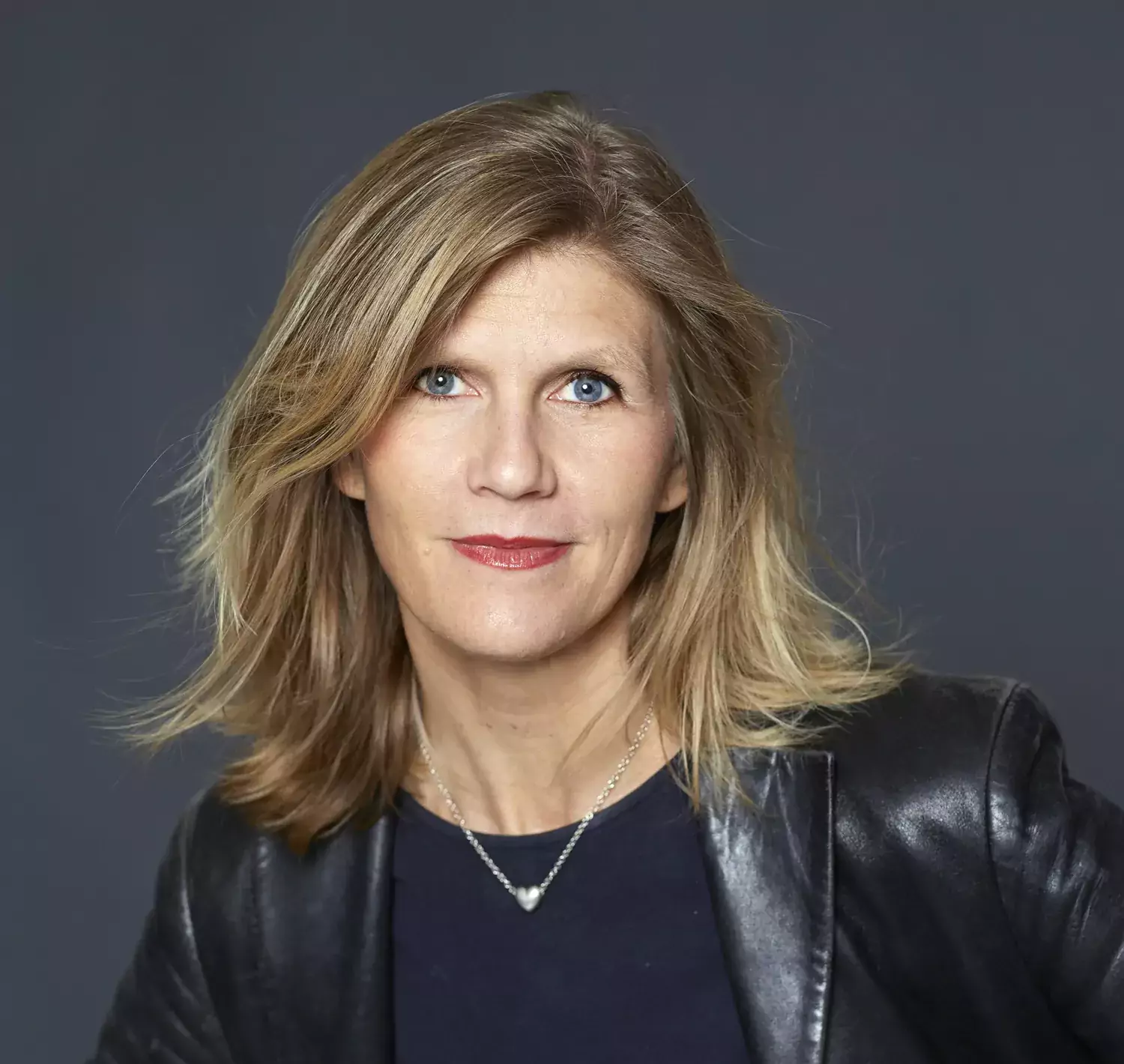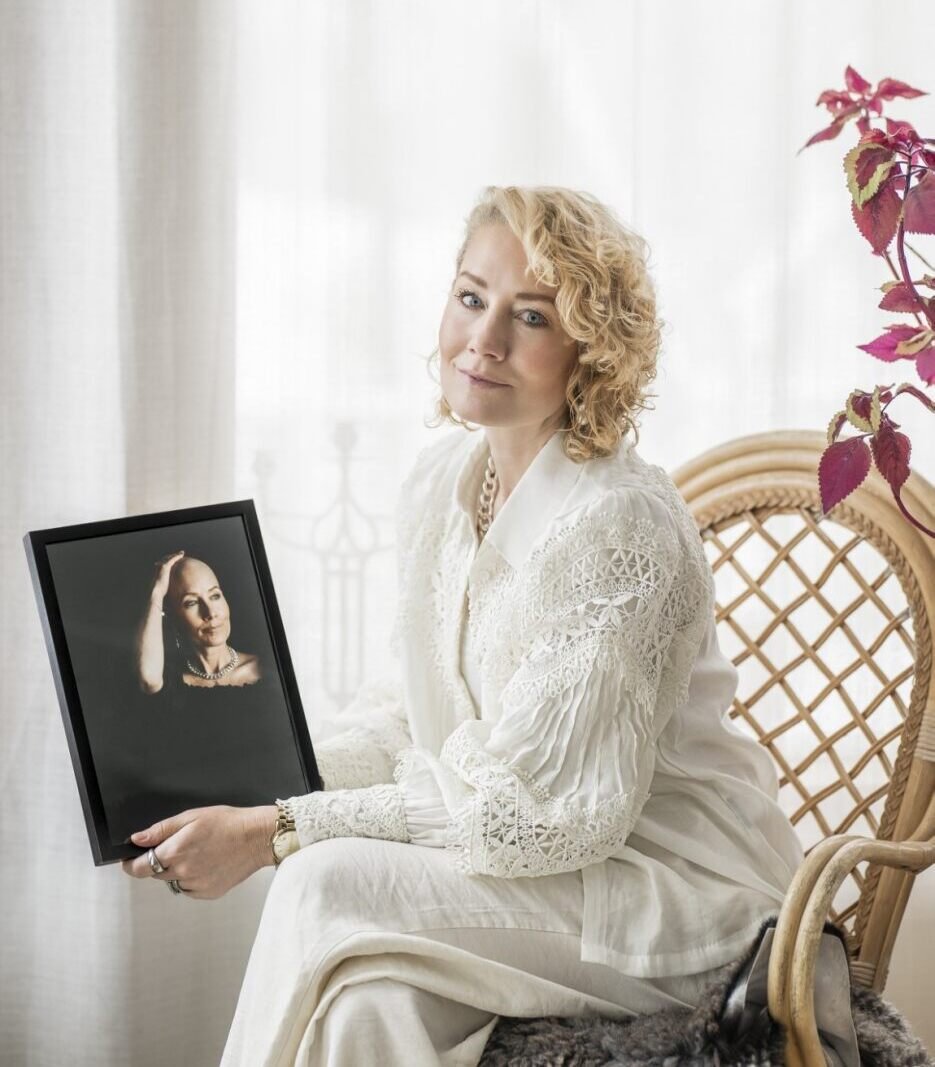Exercise tested against breast cancer

Can breast cancer patients who exercise get better results from their chemotherapy? And if so, should they receive treatment that includes exercise? This will be investigated in an international study led by researcher Jana de Boniface.
Text: Annika Lund, first published in Medicinsk Vetenskap nr 1 2024 / Spotlight on breast cancer.
Does exercise protect against breast cancer?
“You have to be careful how you phrase a response to this. There are population studies that show that among women who exercise, breast cancer is less common than among women who do not exercise. And when breast cancer has developed, those who exercise are less likely to have a recurrence than those who do not. But maybe this could be explained by other protective factors might be more common among women who exercise. It is not possible to prove causality in a population study”.
Does it matter how the exercise is carried out?
“It seems that a little more intense exercise is required, where you get your heart rate up and get sweaty”.
What is known about possible mechanisms behind these factors?
“There is some knowledge that comes from animal studies. Mice that have wheels to run on have less tumour growth than mice without wheels to run on. Much of the effect is thought to be mediated through the immune system. There are also studies suggesting effects via the hormonal system".
You will lead a study on exercise in cancer. Tell us about it!
“The study will include 712 women with breast cancer who are treated with chemotherapy before surgery. These are usually women with slightly larger tumours or a more aggressive form of the disease. Half of them will exercise according to a plan we have developed. The plan will consist of at least 120 minutes of high-intensity exercise per week, as well as increasing intensity level via an app, plus 150 minutes per week of optional training of at least moderate intensity level. The other half will exercise as they are used to, but patients who already have a high level of exercise will not be included in the study. What we will mainly look at is the proportion of patients in both groups who have what is called a pathological complete response, i.e. the tumour is no longer present when the pathologist examines the removed tissue from the breast. Our hypothesis is that such a strong response to chemotherapy will be more common in the group with the exercise intervention”.
If you can show this, what are the implications for breast cancer care?

“Today, exercise is seen as a supportive treatment that improves well-being. But if we can show that exercise also affects the tumour disease itself, then it should be seen as an important part of the oncological treatment. Then we need to roll out exercise programs in all hospitals where breast cancer patients are treated. Then we need to think about whether exercise should be provided as a group training or via apps with support from physiotherapists. But – and this is important – we are only looking at how effective exercise is as a complement to other treatments. Exercise alone cannot cure breast cancer”.
Jana de Boniface is a breast cancer surgeon and researcher at the Department of Molecular Medicine and Surgery at Karolinska Institutet.
 Photo: Illustration Maria Hergueta
Photo: Illustration Maria HerguetaWhat causes breast cancer?
There is a lot going on within the field of breast cancer research. A new AI tool is trying to fine-tune the screening program, another one is helping pathologists make diagnoses. New drugs are approved. This could save more lives. But there is still no answer to the trickiest question of all: What causes breast cancer?
 Photo: iStock
Photo: iStockDiet and breast cancer: Alcohol increases the risk
It is difficult to draw firm conclusions about how to eat and drink to avoid breast cancer. Dietary studies often rely on self-reporting, and dietary habits change over a lifetime – both of which are difficult for researchers. But one link is well established: even moderate alcohol consumption increases the risk of getting the disease, says professor Alicja Wolk.
 Photo: Linnea Bengtsson
Photo: Linnea BengtssonAnna got breast cancer: "I am not the same person today"
Anna Sylvan was diagnosed with breast cancer in the fall of 2021. Three tumors were treated with surgery, chemotherapy, radiation, and anti-hormones. Here she talks about her experience.
